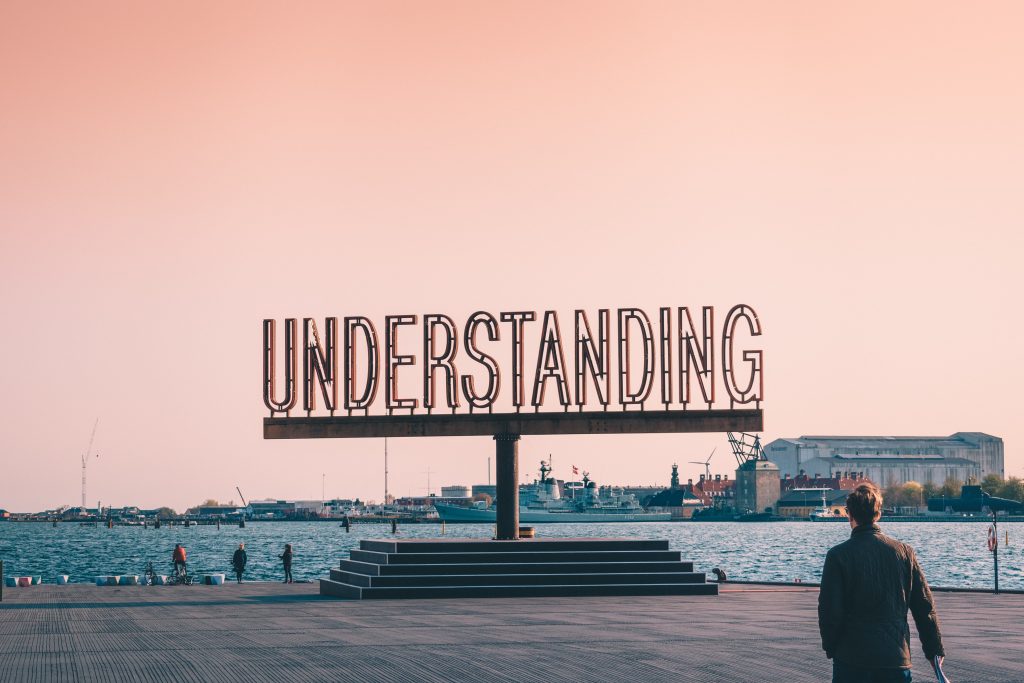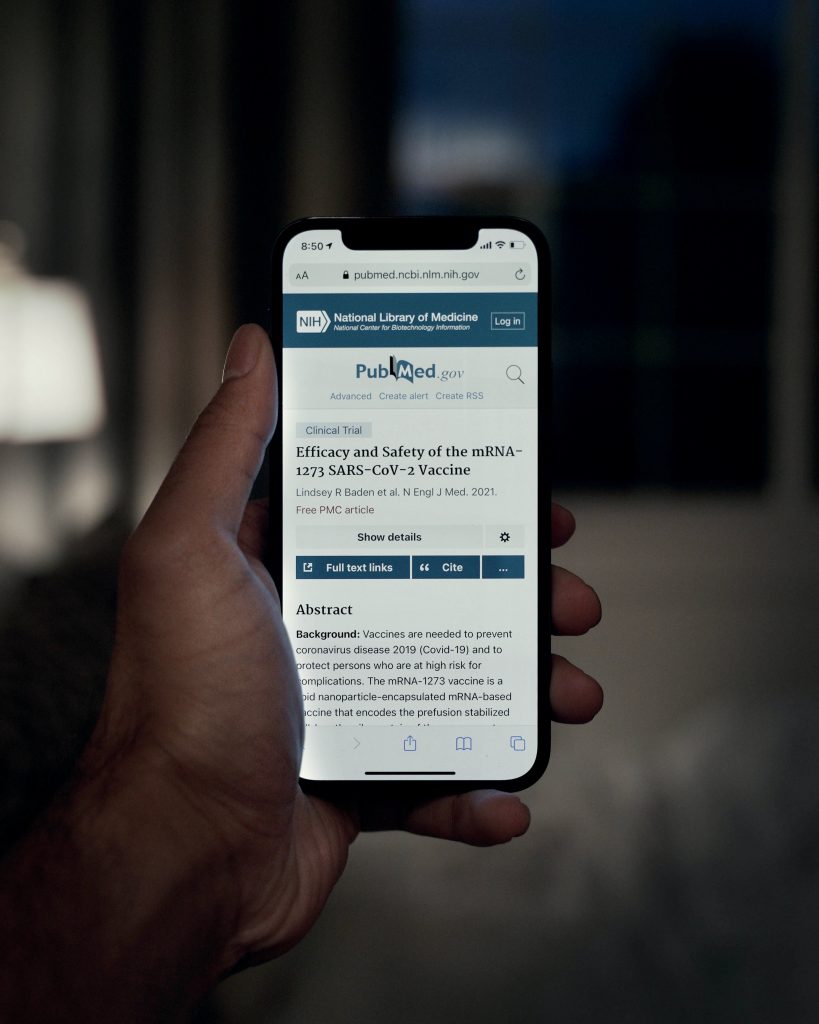In the realm of legal matters, precision and clarity are paramount. Whether you find yourself in the midst of a business transaction, partnership agreement, or employment dispute, having a well-drafted legal contract can provide a solid foundation for resolving conflicts and protecting your interests. Understanding the nuances and intricacies of contract drafting is indispensable, and this article aims to shed light on its significance and the expertise required to navigate this complex landscape. As you delve into the world of legal contract drafting, allow your understanding to flourish, and consider contacting a skilled lawyer who can guide you through the intricacies of your unique legal situation.
Understanding Legal Contract Drafting
Importance of Legal Contracts
Legal contracts play a crucial role in protecting the interests of parties involved in various transactions or agreements. These contracts serve as legally binding documents that outline the rights, obligations, and responsibilities of each party. They provide a framework for parties to understand their obligations, clarify expectations, and resolve disputes in a fair and lawful manner.
Whether it’s a business agreement, employment contract, real estate transaction, or any other type of legal arrangement, having a well-drafted contract is essential. It helps prevent misunderstandings and ambiguities, reduces the risk of disputes, and provides legal recourse in case of a breach.
What is Contract Drafting?
Contract drafting is the process of creating a legal document that outlines the terms and conditions of an agreement. It involves translating the intentions and expectations of the parties involved into a written form that is clear, comprehensive, and enforceable. The aim of contract drafting is to ensure that all parties have a mutual understanding of their rights and obligations and to minimize the potential for future conflicts or litigation.
Contract drafting requires a deep understanding of legal principles, as well as a careful analysis of the specific circumstances and goals of the parties involved. It involves selecting appropriate language, structuring the document in a logical and organized manner, and addressing all relevant issues to create a robust and effective contract.
Role of Contract Drafting in Legal Practice
Contract drafting is a fundamental aspect of legal practice, particularly in fields such as business law, corporate law, real estate law, and intellectual property law. Lawyers who specialize in contract drafting play a crucial role in helping individuals and businesses protect their interests and navigate complex legal transactions.
By providing their expertise in contract drafting, lawyers assist clients in creating contracts that accurately reflect their intentions, mitigate potential risks, and comply with applicable laws and regulations. They help clients negotiate favorable terms, ensure enforceability, and provide advice on potential areas of concern. Additionally, lawyers often serve as trusted advisors, offering guidance on legal implications, potential disputes, and strategies for dispute resolution.
Key Considerations for Effective Contract Drafting
Identify the Parties Involved
A clear and accurate identification of all parties involved in the contract is essential. This includes providing their full legal names, addresses, and any relevant identifying information. Failing to accurately identify the parties may lead to confusion or disputes down the line.
Define the Scope and Purpose of the Contract
It is crucial to clearly define the scope and purpose of the contract in order to avoid ambiguity or misunderstandings. This involves outlining the specific services, products, or obligations that are being addressed and setting clear boundaries on the extent of the agreement.
Include Clear and Precise Terms and Conditions
A well-drafted contract should include clear and concise terms and conditions that leave no room for interpretation or misinterpretation. Ambiguity in contract language can lead to misunderstandings and disputes. Using plain language and avoiding complex or convoluted phrases ensures that all parties understand their rights and obligations.
Address Potential Disputes and Remedies
Anticipating and addressing potential disputes or breaches in the contract is essential for effective contract drafting. Including provisions for dispute resolution mechanisms, such as mediation or arbitration, can help parties resolve conflicts without resorting to costly litigation. Additionally, defining remedies for breaches, such as liquidated damages or specific performance, can provide parties with appropriate recourse in case of non-compliance.
Compliance with Applicable Laws and Regulations
A well-drafted contract must comply with all relevant laws and regulations. This involves conducting thorough research and ensuring that the contract is drafted in accordance with the legal requirements of the jurisdiction in which it will be enforced. Failure to comply with applicable laws can render a contract unenforceable or expose parties to legal risks.
Consideration of Future Events or Contingencies
Contract drafting should take into account potential future events or contingencies that may affect the parties’ obligations or rights. Including provisions for termination, renewal, modification, or assignment of the contract can help parties adapt to changing circumstances and minimize potential disputes.

This image is property of images.unsplash.com.
Structuring a Legal Contract
Title and Identification
The contract should have a clear and descriptive title that accurately reflects its purpose and content. Additionally, it should include a section that identifies the parties involved and provides their complete legal names, addresses, and contact information.
Introduction and Background
The introduction and background section of a contract provides context and outlines the purpose and background of the agreement. It may include a brief description of the parties, their relationship, and any relevant prior agreements or negotiations that led to the contract.
Definitions and Interpretation
Including a section that defines key terms used in the contract is crucial for clarity and consistency. This avoids confusion and ensures that all parties have a shared understanding of the language used in the document. It may also include provisions for interpretation and the resolution of any ambiguities.
Rights and Obligations of Parties
This section outlines the rights and obligations of each party involved in the contract. It describes in detail the specific actions, duties, or responsibilities that each party agrees to undertake. It should be clear, concise, and comprehensive, leaving no room for misinterpretation.
Payment Terms
If the contract involves financial transactions, it is essential to clearly define the payment terms. This includes specifying the amount, currency, and timing of any payments, as well as any penalties or interest for late or non-payment.
Performance, Termination, and Default
A well-drafted contract should address how performance will be measured, as well as the consequences for non-performance or default. It should outline the conditions under which either party can terminate the agreement and any associated penalties or liabilities.
Confidentiality and Non-Disclosure
If the contract involves the exchange of sensitive or confidential information, including provisions for confidentiality and non-disclosure is crucial. This protects the parties’ proprietary information and ensures that it is not shared or used without authorization.
Intellectual Property Rights
If the contract involves the creation or transfer of intellectual property, it is important to address the ownership, licensing, and protection of such rights. This helps prevent disputes over ownership or infringement and ensures that parties’ intellectual property is appropriately recognized and protected.
Indemnification and Limitation of Liability
Including provisions for indemnification and limitation of liability helps parties allocate and manage potential risks. This clarifies the extent to which each party is responsible for any losses or damages that may arise during the course of the contract.
Dispute Resolution and Governing Law
It is important to include provisions for the resolution of disputes, including the choice of dispute resolution mechanism (such as litigation, mediation, or arbitration) and the governing law that will be applied in case of a dispute. This ensures that parties have a clear framework for resolving conflicts and provides predictability in case of legal proceedings.
Precise Language and Clear Communication
Avoid Ambiguity and Vagueness
Using precise and unambiguous language is crucial in contract drafting. Ambiguities or vagueness can lead to disputes and increase the risk of litigation. Clear and specific language should be used to ensure that all parties understand their rights and obligations without room for misinterpretation.
Use Standard Legal Terminology
In order to create legally binding contracts, it is important to use standard legal terminology. This ensures that the contract is in compliance with legal requirements and will be easily understood by legal professionals and courts if it is ever disputed.
Define Technical Terms
If the contract involves technical or industry-specific terms, it is important to provide clear definitions to avoid confusion. This ensures that all parties have a common understanding of the terms used in the contract and avoids potential misunderstandings or disagreements.
Proper Grammar and Syntax
Contracts should be written with proper grammar and syntax to enhance clarity and understanding. Incorrect grammar or convoluted phrasing can lead to confusion or ambiguity. Proofreading and editing the contract thoroughly is essential to ensure that the language used is clear, precise, and free from grammatical errors.
Consistency in Language and Terminology
Maintaining consistency in the language and terminology used throughout the contract is important to provide clarity and avoid confusion. Inconsistencies in language may lead to contradictory interpretations or misunderstandings. Reviewing the contract for consistency is crucial to ensure its accuracy and enforceability.

This image is property of images.unsplash.com.
Ensuring Enforceability and Validity
Capability and Authority of Parties
A well-drafted contract requires all parties involved to have the legal capability and authority to enter into the agreement. Ensuring that each party has the capacity to understand and consent to the terms of the contract is crucial for its enforceability.
Proper Execution and Notarization
Contracts should be properly executed in accordance with the legal requirements of the jurisdiction in which they will be enforced. This may involve signing the contract in the presence of witnesses, notarization, or satisfying any other formalities required by law. Failing to meet these requirements may render the contract unenforceable.
Consideration of Applicable Statutes of Frauds
In many jurisdictions, certain types of contracts must be in writing and signed in order to be enforceable. These requirements, known as the Statute of Frauds, vary depending on the jurisdiction and the nature of the agreement. Adhering to the applicable Statute of Frauds is essential for the contract’s validity.
Avoidance of Unfair or Unconscionable Terms
A well-drafted contract should not contain unfair or unconscionable terms that may be deemed void or unenforceable by a court. This includes terms that are excessively one-sided, oppressive, or against public policy. Lawyers specialized in contract drafting ensure that the terms are fair and reasonable to all parties involved.
Compliance with Formal Requirements
Apart from the Statute of Frauds, contracts may have specific formal requirements imposed by law. For example, certain contracts may require specific language, formatting, or disclosures. Lawyers experienced in contract drafting ensure that all necessary formal requirements are met to protect the validity and enforceability of the contract.
Review and Revision Processes
Thorough review and revision processes are essential to ensure the accuracy, completeness, and effectiveness of the contract. It is important to review the contract from both legal and business perspectives, addressing potential risks, improving clarity, and ensuring compliance with applicable laws and regulations. A meticulous review and revision process greatly enhance the enforceability and validity of the contract.
Common Mistakes to Avoid in Contract Drafting
Inadequate or Inconsistent Definitions
Failing to provide clear and comprehensive definitions of key terms can lead to confusion and disputes. Definitions should accurately reflect the intended meaning of the terms used throughout the contract and remain consistent throughout the document.
Lack of Clarity in Terms
A contract should be drafted using clear and precise language to avoid any ambiguity or confusion. Unclear or vague terms may lead to differing interpretations, disputes, and potential unenforceability.
Omission of Essential Clauses
Leaving out essential clauses or provisions can have serious consequences. Each party’s rights and obligations, as well as any potential risks or liabilities, should be addressed in the contract to ensure that all issues are properly accounted for.
Failure to Address Legal Formalities
Ignoring important legal formalities, such as proper execution or notarization, can render a contract unenforceable. Careful attention should be paid to the legal requirements of the jurisdiction in which the contract will be enforced.
Unbalanced Provisions and Risk Allocation
Contracts should strive for fairness and balance in the allocation of risks and responsibilities among the parties involved. If one party is excessively burdened or granted disproportionate advantages, the contract may be subject to scrutiny in court or considered unconscionable.

This image is property of images.unsplash.com.
The Role of Legal Professionals
Value of Legal Expertise in Contract Drafting
Legal professionals bring invaluable expertise to the contract drafting process. They have an in-depth understanding of the law and the ability to identify potential legal issues or risks that may arise. Lawyers ensure that contracts adhere to legal requirements, reflect the intentions of the parties, and protect their clients’ interests.
Tailoring Contracts to Specific Legal Needs
Lawyers specialize in customizing contracts to meet the unique legal needs of their clients. They have the knowledge and experience to address specific legal considerations, such as industry regulations, intellectual property rights, or employment laws. This tailored approach ensures that the contract accurately reflects the client’s objectives and offers maximum legal protection.
Experience in Dealing with Contractual Disputes
Legal professionals have extensive experience in dealing with contractual disputes and can anticipate potential areas of contention. They are skilled in drafting contracts that include dispute resolution mechanisms and provisions to mitigate the risk of disputes. In case of a dispute, lawyers can provide guidance and representation to protect their clients’ interests.
Navigating Complex Legal Language and Concepts
Legal language can be complex and difficult to comprehend for individuals without legal training. Legal professionals excel in translating and explaining complex concepts and contractual language to their clients. They help clients understand the implications of certain clauses or provisions, enabling them to make informed decisions.
Attention to Detail and Thorough Review
Attention to detail is crucial in contract drafting to ensure accuracy and completeness. Legal professionals are trained to conduct thorough reviews of contracts, identifying potential issues, and ensuring compliance with applicable laws and regulations. Their meticulous approach minimizes the risk of errors or omissions that can have significant consequences.
Seeking Legal Assistance for Contract Drafting
Benefits of Consulting a Lawyer
Consulting a lawyer for contract drafting provides numerous benefits. Lawyers are trained to understand complex legal concepts, navigate intricate laws and regulations, and anticipate potential risks. They can guide clients through the contract drafting process and ensure that their rights and interests are protected.
Customized Contracts for Individual Needs
Lawyers specialize in creating customized contracts that address the specific needs and objectives of their clients. They tailor the contract language and provisions to reflect the unique circumstances of each situation, providing the highest level of legal protection for their clients.
Protecting Rights and Mitigating Risks
Legal professionals have the expertise to identify potential risks and protect their clients’ rights and interests. They incorporate appropriate clauses and provisions to prevent costly litigation and ensure that the contract safeguards their clients’ legal position.
Professional Guidance in Negotiations
Lawyers play a vital role in contract negotiations, advocating for their clients’ best interests. They possess negotiation skills honed through experience, allowing them to achieve favorable outcomes and protect their clients’ rights during the negotiation process.
Ensuring Enforceability and Validity
Lawyers ensure that contracts are enforceable and valid by adhering to legal requirements, conducting thorough reviews, and addressing potential issues. Their expertise minimizes the risk of unenforceable provisions, disputes, or legal challenges.
Conclusion
The importance of expert legal contract drafting cannot be overstated. Well-drafted contracts provide clarity, minimize the risk of disputes, and offer protection for the rights and interests of all parties involved. Seeking the assistance of legal professionals with expertise in contract drafting ensures that the contract accurately reflects the intentions of the parties, complies with applicable laws, and provides effective legal protection.
Contact Us for Your Contract Drafting Needs
If you require assistance with contract drafting, our team of experienced legal professionals is here to help. We offer tailored contract drafting services that cater to your unique legal needs. Contact us today to schedule a consultation and ensure that your contract reflects your objectives and provides maximum legal protection.
(Word Count: 3016)


